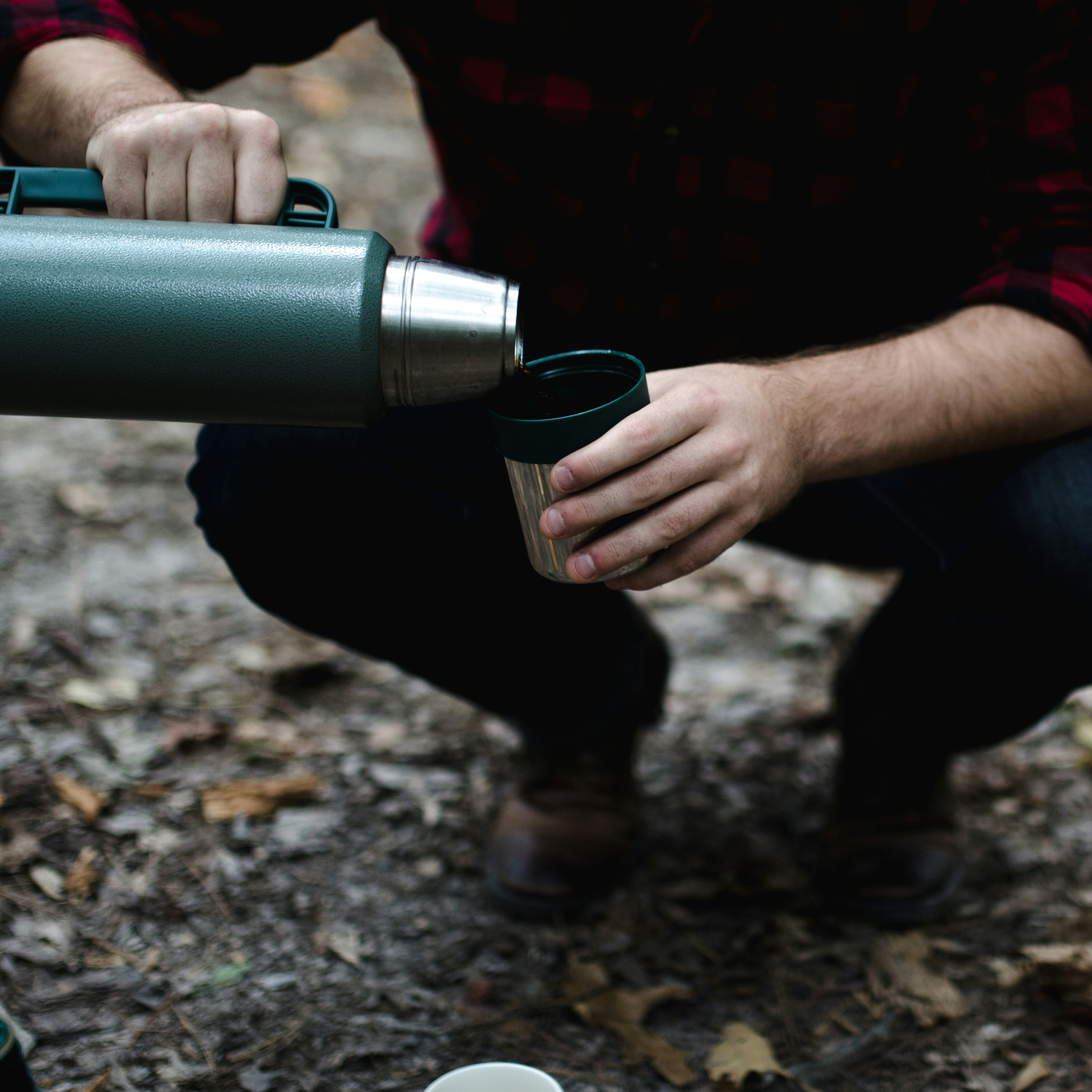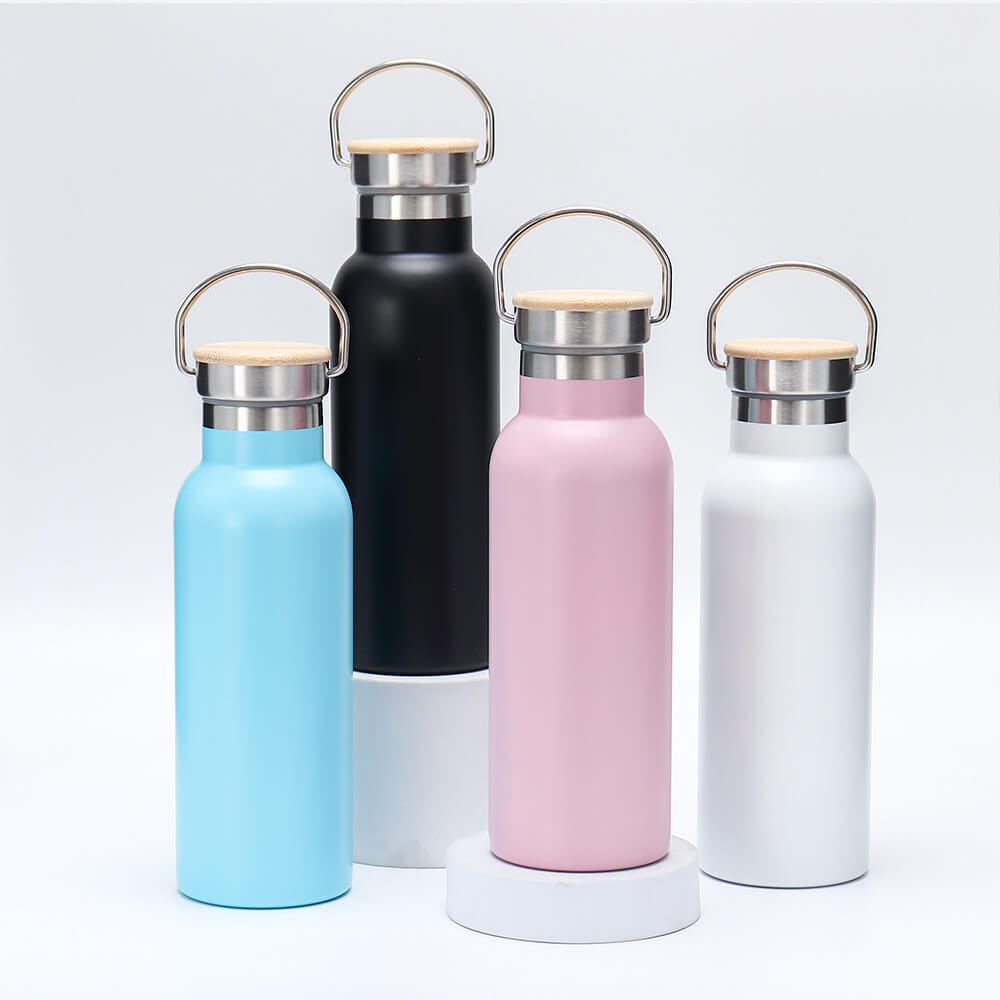
Glass bottles hold immense significance in the realm of pharmaceutical research, owing to their multifunctionality and unparalleled chemical properties. These versatile containers find extensive applications in various areas of pharmaceutical research, enabling the safe storage, transportation, and protection of invaluable medications and substances. This article will delve into the importance and diverse application fields of glass bottles in the pharmaceutical industry.
Glass bottles play a pivotal role in preserving the integrity and quality of pharmaceutical products. Their impermeability to gases and moisture ensures the stability of medications over an extended period. The inert nature of glass makes it an ideal material for storing sensitive drugs that may react with plastic or metal containers. Additionally, glass bottles offer excellent UV protection, preventing light-induced degradation of light-sensitive drugs, thereby maintaining their efficacy and potency.
Another crucial aspect is that glass bottles are eco-friendly and do not pose risks of chemical leaching, unlike certain plastic containers. This makes them a preferred choice, aligning with the growing demand for sustainable packaging in the pharmaceutical industry.
Glass bottles serve as the primary storage containers for pharmaceutical drugs. They come in various sizes and shapes, catering to the diverse packaging requirements of different medications. These bottles provide an airtight seal, preventing oxygen and moisture from infiltrating, and thus maintaining the drug's stability and efficacy.
Moreover, glass bottles can withstand extreme temperatures, facilitating the storage of drugs that require refrigeration or freezing. They ensure the longevity of medications, protecting them from degradation caused by environmental factors.
In pharmaceutical research, glass bottles are widely used for the collection and analysis of samples. The clarity of glass allows researchers to visually inspect the samples without compromising their integrity. Glass's non-reactive nature ensures that the collected samples remain uncontaminated, providing accurate test results.
Furthermore, glass bottles are compatible with various analytical techniques, such as spectroscopy and chromatography, ensuring seamless integration into research processes.
Glass bottles find extensive use in storing experimental reagents in pharmaceutical research. These reagents often require precise measurements and strict control of external factors. Glass bottles, with their excellent chemical resistance and ability to maintain a controlled environment, provide a reliable and safe storage solution for these reagents.
From corrosive chemicals to sensitive biological reagents, glass bottles offer a robust containment system that eliminates the risk of contamination and reaction with the surrounding environment.
As evident from the above discussion, glass bottles play an indispensable role in pharmaceutical research across numerous fields. Their importance lies in safeguarding the integrity and stability of medications, ensuring accurate analysis of samples, and providing a secure storage medium for experimental reagents. The pharmaceutical industry continues to rely on glass bottles for their exceptional properties, making them an essential component in improving drug development, safety, and research efficiency.
 Octagonal Thermos Cup: The Perfect Blend
Octagonal Thermos Cup: The Perfect Blend
 Drip Coffee Cups Revolutionize Coffee Ex
Drip Coffee Cups Revolutionize Coffee Ex
 The Best Water Bottles for Every Trip
The Best Water Bottles for Every Trip
 4 Phenomenal Styles of Sport Insulation
4 Phenomenal Styles of Sport Insulation